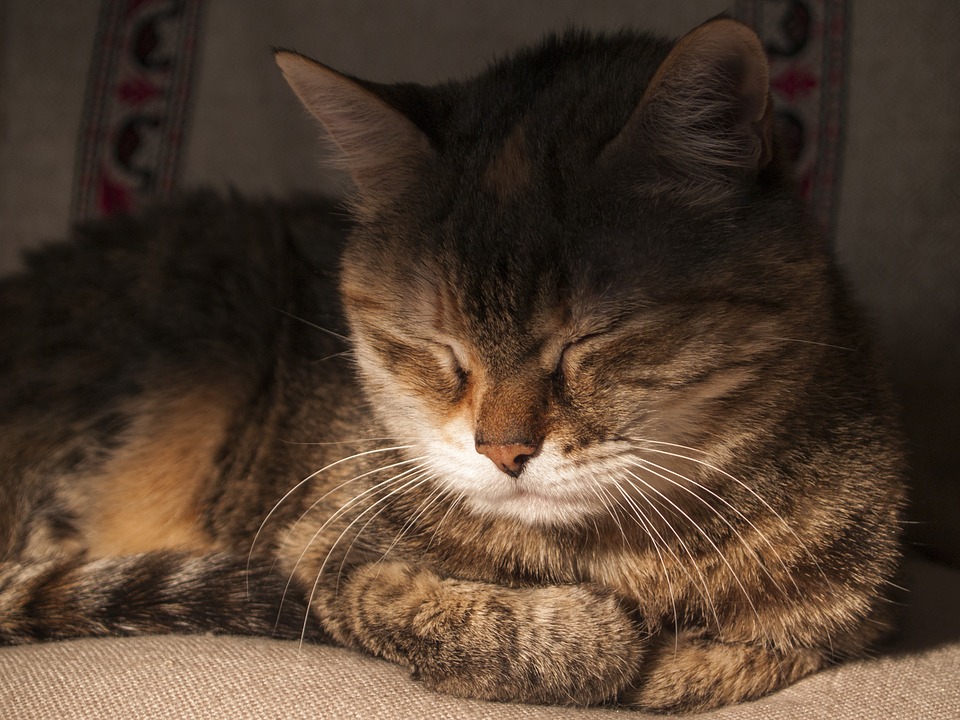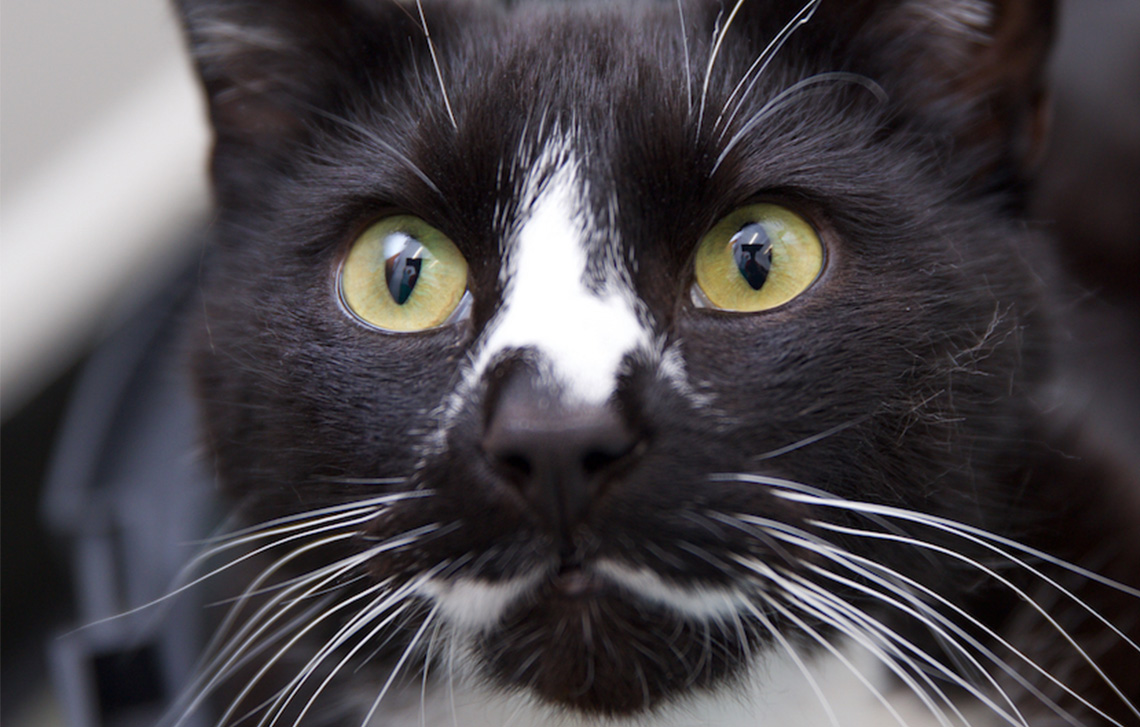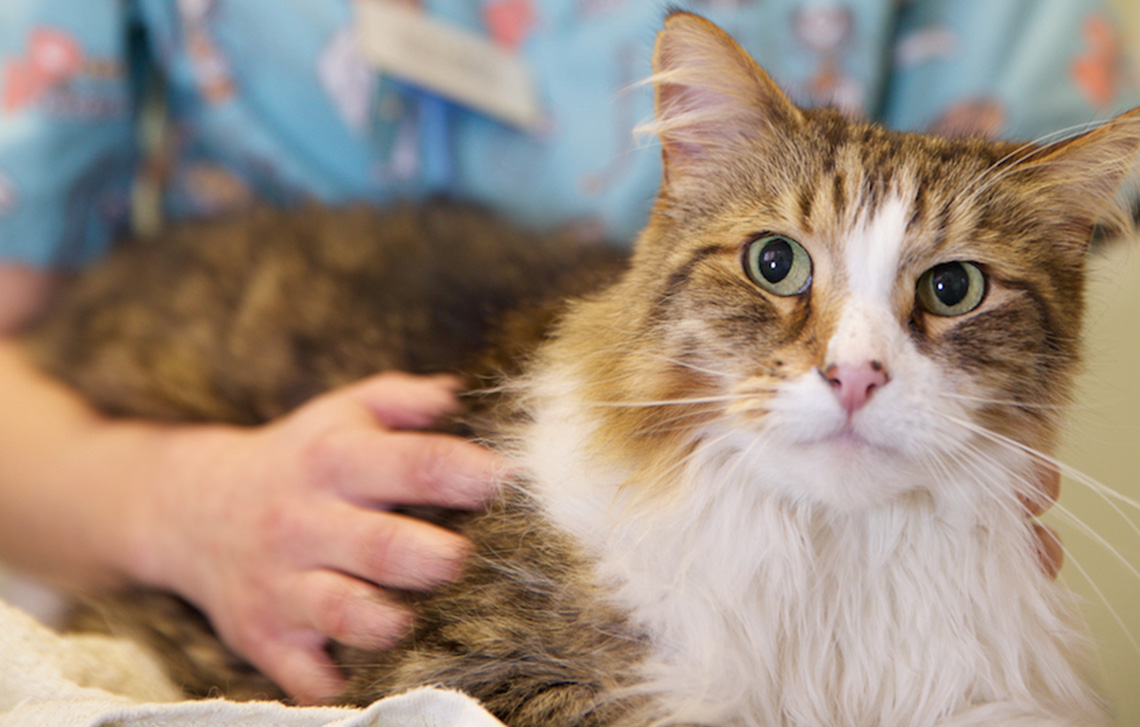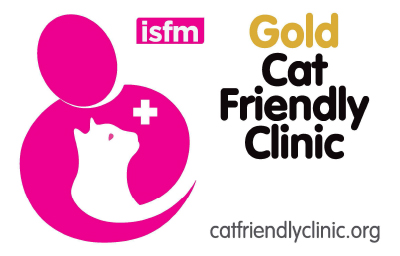
Changes vary massively between cats and some are very healthy even at the senior stage, although this is the age group we often see alterations and illness/disease. Senior cats are those aged between 11-14 years old. Changes associated with old age (often within the senior stages and very often multiple changes when the cat reaches the… Read more »
Changes vary massively between cats and some are very healthy even at the senior stage, although this is the age group we often see alterations and illness/disease.
Senior cats are those aged between 11-14 years old.
Changes associated with old age (often within the senior stages and very often multiple changes when the cat reaches the geriatric life stage) are:
- Muscle loss/ arthritis
- Coarse coat
- Less mobile/ unable to jump up as high
- Sleeping more
- Loss of sight or hearing
- Impaired temperature regulation- often older cats tend to prefer warmer places
- Discolouration of fur
- Higher susceptibility to infection
- Less responsive/adaptable to change
- Increased fussiness about food
Diseases common with senior (and geriatric) cats include:
- Cancer
- Chronic renal disease (very common)
- Osteoarthritis (very common)
- Cardiac disease
- Constipation
- Dental disease
- Incontinence

Geriatric cats are those aged 15+ years old.
Geriatric patients must be treated with extra care as they are less adaptable to changes and often have medical issues.
As within the senior stage, most geriatric patients suffer from at least one or more of the changes above and usually suffer from multiple diseases, which can often be subtle as can be associated with old age and the cat usually sleeps a lot more so the signs are not seen as often.
As they will sleep a lot more by this stage, he/she will require little and often feeding to maintain a good body condition/weight. They are less able to manage with large meals. Many geriatric cats would have had dental problems or suffering with dental disease and are likely to have lost teeth (mostly through extraction) so it is usually best to feed more of a wet based diet. This will also help to increase water intake and help with the renal function.
By this stage, cats can show signs of senile changes and can seem confused and find it very difficult to adapt to changes within their environment.
If you would like to know more about the signs, symptoms and behaviours in senior or geriatric cats, please contact us at the clinic.







